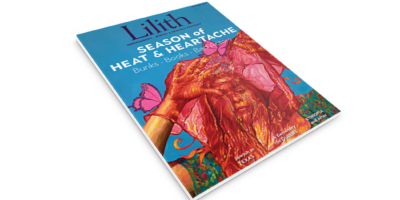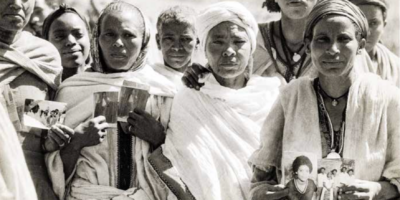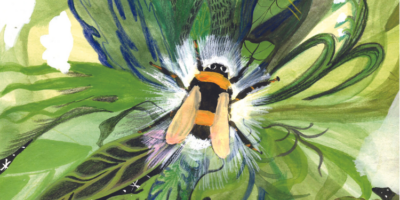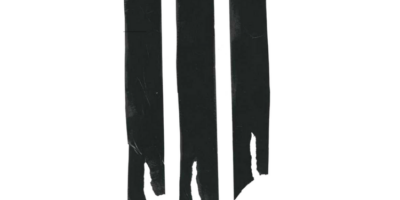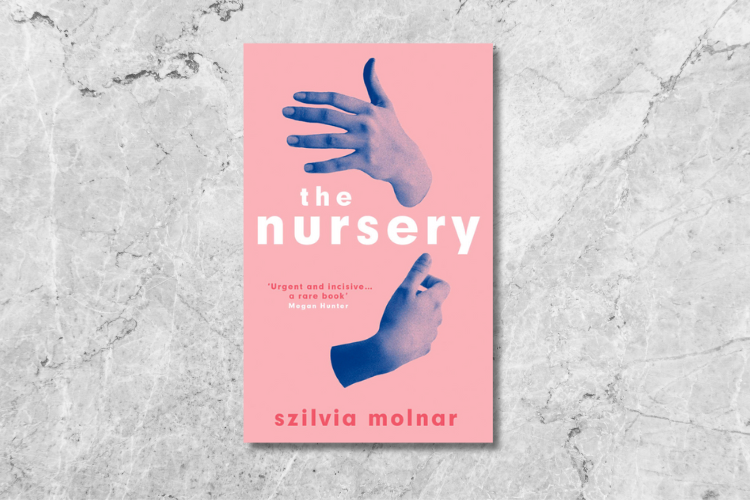
New Motherhood, in Brutal Fragments
The Nursery by Szilvia Molnar (Pantheon, $23.50) explores the ways in which childbirth ravages the body and mind of a new mother, rendering her almost unrecognizable to herself. The novel’s unnamed first-person narrator—we can be forgiven for conflating her with the author—is a Swedish-to-English translator who struggles to translate her postpartum experience into prose, wondering whether her efforts are without precedent: “Has there ever been a description of a mother holding her child for hours?” she muses, and then, several chapters later, “Has there ever been a description in literature of what it entails to change an infant’s diaper?”
Molnar is not the first to write about new motherhood, of course—her dominant metaphor of childbirth as warfare recalls Elisa Albert’s After Birth, another novel about the isolation and alienation experienced by new mothers; Albert, too, likens birth to a combat zone. But Molnar’s descriptions are surprisingly violent—she describes herself as “freshly injured from the war of birth” and refers to the new mothers making their way down the hospital corridor to a “stream of wounded soldiers.” Equally violent are her fantasies of harming her days-old daughter, whom she refers to as “Button,” a moniker reminiscent of “the Bug,” as Nicholson Baker refers to his baby in Room Temperature, a novel about new fatherhood. But whereas Baker’s thoughts meander widely, Molnar’s world has contracted to the four walls of her small apartment, where she imagines smothering her baby, chopping her to pieces, or throwing her out the window. Though she is sometimes terrified of the power she wields over her helpless newborn, she is fearless about giving it voice.
The book’s title is a reference not just to a child’s bedroom—Button is still too young for a bedroom of her own—but also to the plant nursery in her upstairs neighbor Peter’s apartment. Peter is an elderly widow who frequently knocks on the narrator’s door under the pretense of complaining about the noise of Button’s crying, though it is really relief from his loneliness that he seeks. Loneliness is only one of the many unexpected commonalities between these neighbors. Both are grieving their marriages—Peter has lost his botanist wife, and the narrator mourns the relationship she had with her husband before Button’s birth.
Though she is terrified of the power she wields over her newborn, she is fearless about giving it voice.
Peter, whose lungs collapsed after his wife’s death, cannot go anywhere without his oxygen tank, just as our narrator cannot go anywhere without Button. He brings her, as a baby gift, a glass jar of moss. Like many novels by and about new mothers—Rivka Galchen’s Little Labors, Jenny Offil’s Dept. of Speculation—this novel was presumably written during innumerable naptimes, which accounts for its fragmentary structure—the book unfolds as a series of unnamed, unnumbered sections, each just a page or two.
Molnar explores the malleability of time during pregnancy and motherhood. In a world where “tomorrow was today and today is already my tomorrow,” the novel does not flash back and forward in time; instead, the present of the novel alternates from the early days of pregnancy, the days in the hospital immediately after giving birth, and the first couple of weeks of new motherhood, exploring the author’s alienation from her body (“my vagina feels like it just dug its own grave”), her jealousy of her husband (“his beauty has remained intact during this whole time”), and the mundane preoccupations of childcare (“we are endless loops of repetition”). After countless feedings and diaper changings, the translator-turned-mother can only marvel, “all this doing and no poetry?”—and we, her appreciative readers, can only beg to differ.
Ilana Kurshan is the author of If All the Seas Were Ink, published by St. Martin’s Press.

